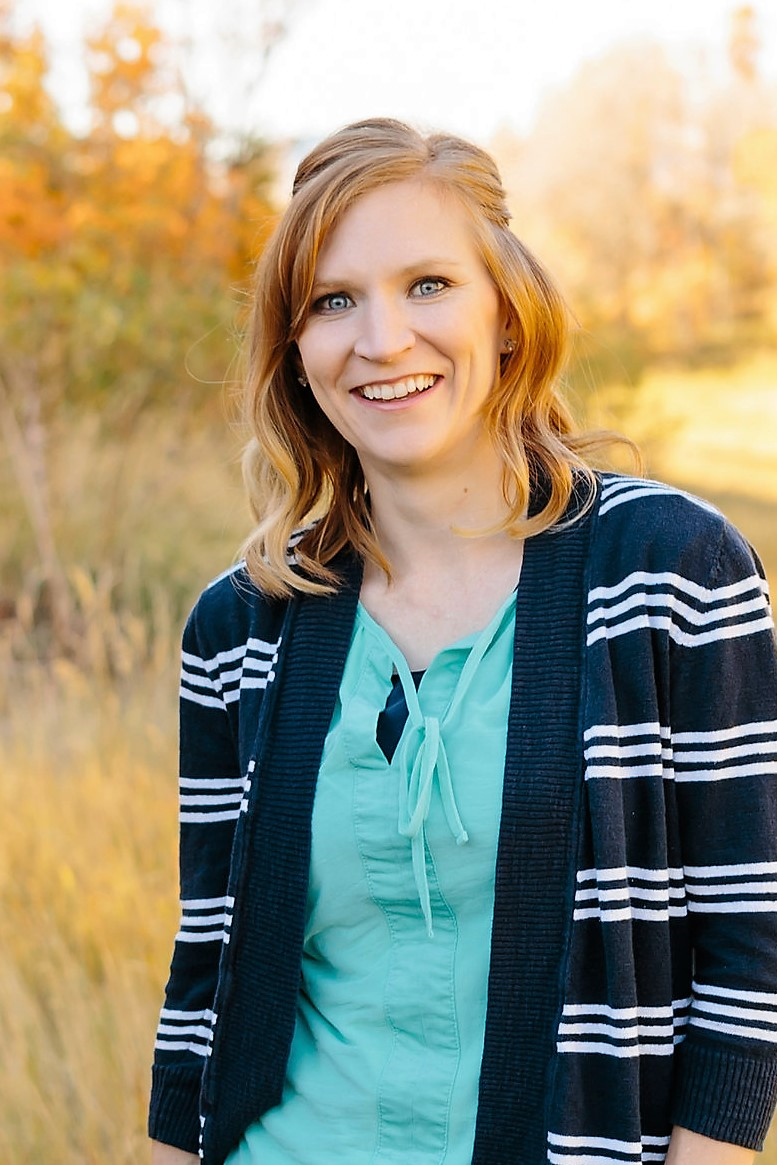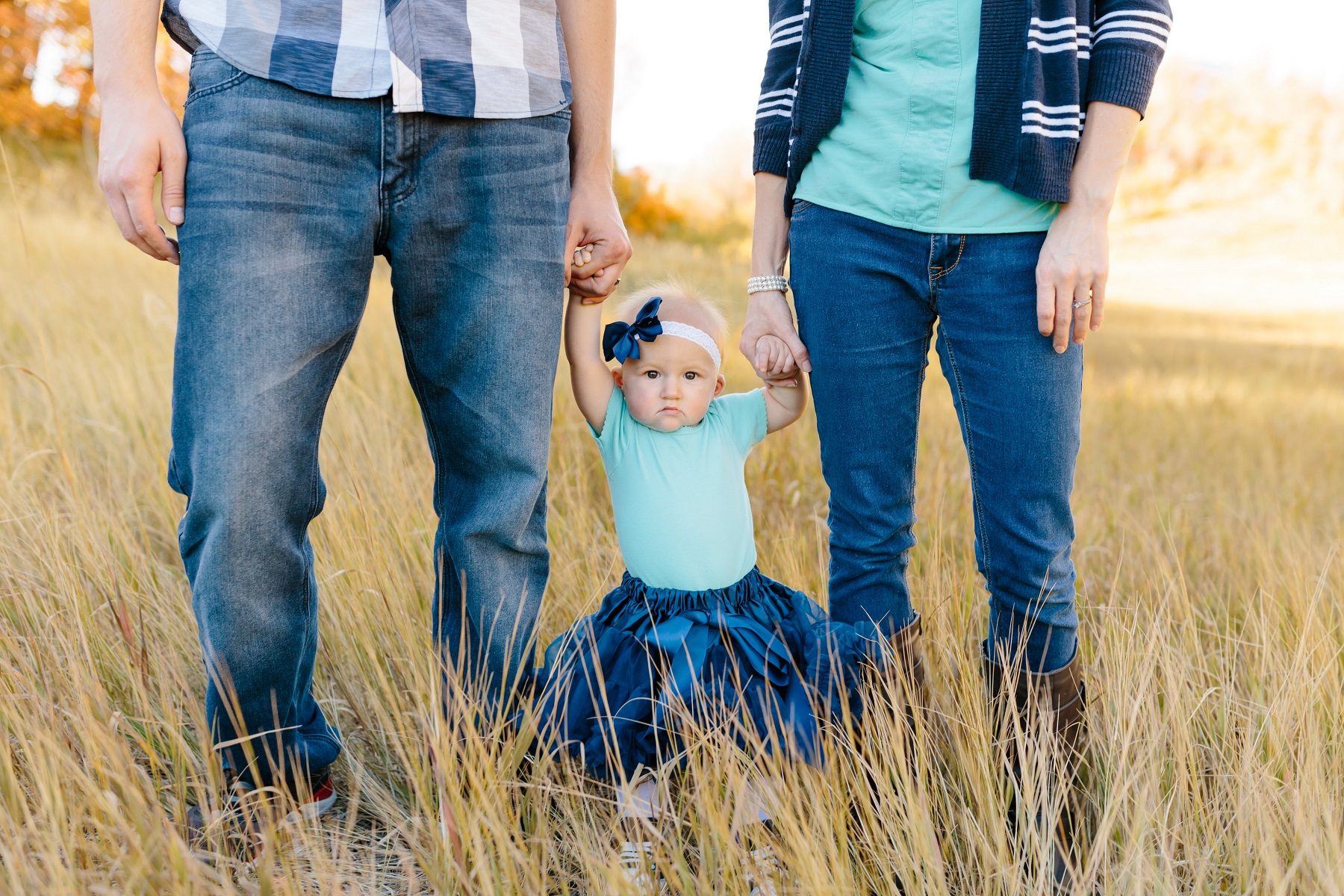What is Wisdom? Examples from Morrie Shwartz and More

What wisdom can you find that is greater than kindness?
Jean-Jacques Rousseau
One of my favorite topics to discuss with my students is wisdom. What is it? How do you get it? Does everybody get it?
What is Wisdom?
Defining wisdom may sound something like this, “Expert knowledge about the practical aspects of life that permits excellent judgement about important matters” (Santrock, 2017, p. 548). What exactly does it mean for a person to have insight into life matters? The School of Life (2016) adds these components to define wisdom:
Realistic. The wise are realistic about potential problems and struggles ahead but stay motivated anyway.
Grateful. The wise are thankful for the simple pleasures in life and avoid envy.
Imperfect. The wise understand that everyone makes mistakes. They show love and patience to others anyway. They recognize that their own blunders brought them to where they are, and do not dwell on regrets.
Polite. The wise seek to find ways to form connections with others, rather than try to convince others to change their differing opinions and ideas.
Self-Accepting. The wise are self-aware of their flaws, and let their flaws be seen. They accept themselves with faults and all while practicing self-kindness.
Forgiving. The wise are quick to forgive. They understand the messiness of life and are generous in their assumptions of others. They interpret the meanness of others as stemming from hurt and do not take it as a personal attack.
Morrie Shwartz
Morrie Shwartz, from the book Tuesdays with Morrie, is a prime example of this (Albom, 1991). If you’ve ever read the book, you know what I’m talking about. Morrie was a professor of Sociology at Brandeis University until he lost control of his body through ALS (Lou Gehrig’s Disease). His former student, Mitch Albom, caught wind of his disease and decided to visit Morrie every Tuesday until he passed away.
Living with ALS is extremely difficult because of the slow loss of voluntary muscle movement, which eventually leads to the inability to breathe. In Tuesdays with Morrie, Mitch describes how Morrie was completely dependent on others. He needed help eating, using the bathroom, turning his head, and wiping his own tears. Yet visitors who came to cheer him up, often left feeling as though they were the ones comforted.
When Mitch mentioned that this was Morrie’s time to talk—time to get comfort and sympathy—Morrie said, “Why take when I can give? Giving makes me feel like I’m living.” He knew the importance of connecting with those around him:
So many people walk around with a meaningless life. They seem half-asleep, even when they’re busy doing things they think are important. This is because they’re chasing the wrong things. The way you get meaning into your life is to devote yourself to loving others, devote yourself to your community around you, and devote yourself to creating something that gives you purpose and meaning.
Morrie knew his priorities and he lived them. He prioritized relationships over work and meaningful pursuits over the superficial.
Kristine Tait
One exemplar of wisdom in my own life is Kristine Tait, my husband’s grandmother. When I first got married to my husband and got to know Kristine, it was apparent she had insight into the practical matters of life. I saw her sit by the lonely person in church, throw bridal showers and give baby blankets. Each morning is spent memorizing quotes and scriptures while blow-drying her hair. It seems every minute of her day is spent bettering herself or the lives of others. She gives money to those in need. She spends time with those who need comfort. She never speaks a word of judgement about another because she understands that life is messy, and everyone needs help sometimes.
Though her life is bursting with examples of what it means to truly be wise, a very simple experience has left a profound impact on me.
My family and I had gone to Kristine’s church to see her and her husband, Jack, give a homecoming address after returning home from an LDS mission in Colorado. Afterward, all the family gathered at Kristine and Jack’s house for lunch. I arrived with my two kids, who were anxious to eat and play. My oldest, Cece, who was two, dashed out the back door toward the trampoline. Not long after, she came bounding back in after getting hurt on the swing. At this point she was already grumpy from missing a nap and refusing to eat the food available. Having a tumble on the swing seemed to be the straw that broke the camel’s back. To top things off, the house was loud and chaotic, making her feel really on edge. She sat by me and glared at those around her. My sister-in-law came up behind Cece to give her a hug, and Cece burst into tears. Later my mother-in-law put ham on my daughter’s plate, an absolute no-no apparently, which led to another flop on the floor with fury and flails.
As Cece was getting more worked up, the people around started to look at me as if to say, “Why is she being such a brat? What is wrong with your kid?” I held Cece in my arms and gave some hugs and words of encouragement to help her settle down. We headed over to the fridge to get a cup of milk, which always seems to ease the tension. When we got there, Kristine had found us and approached Cece with a small bag of finger puppets. This 77-year-old woman, crouched down while slipping a chicken puppet on her finger and said, “I’m so sorry your sad. This little friend wants to help you feel better.” Cece gave her a look that said, What are you doing crazy lady? Undeterred, Kristine spoke to Cece as if she herself was the puppet, saying, “I want to play with you. Bach bach!” Then let Cece hold the small rabbit puppet. I could feel Cece’s stance soften, her grip on my pants loosened, and she turned ever closer to Kristine.
Why would such a humble story stick in my mind? Well, Kristine had just returned from a mission. The house was bustling to celebrate her and Jack’s return. This was Kristine’s day. She’d been slicing cheese, prepping salad, setting out plates and cups, and making sure everyone had something to drink. She greeted people, answered questions about her experiences in Colorado, and described her next plans for after-mission life. Amid all this chaos, not only did she notice my little two-year-old struggling, but she stopped everything she was doing, searched for little toys, and got right on the kitchen floor, making herself eye-level with my daughter. She didn’t tell Cece to stop the attitude or calm down in time-out or go outside until she could control herself. She showed her patience, love, and empathy. I care deeply about my daughter, and seeing others show their love and concern for her never goes unnoticed.
When I think of the wise woman I hope to become, I think of Kristine. The way she handled my daughter’s unruly behavior is just a typical afternoon for her. Kristine does not have a mean bone in her body, and everyone who knows her would agree. She has created a lifelong pattern of what I consider true wisdom. Even when I sent her a draft of this post to ensure she was comfortable with me publishing it, she began her email with, “Oh Veronika - that was not so much. It was just being a grandma.” and finished by stating how amazing Cece and I are. I look to her for inspiration in finding meaning and purpose in life and I’m so grateful for the example she has set for Cece. Kristine seldom focuses on herself, yet she is one of the happiest people I know.
The Research
So how do we get to have the wisdom of Morrie Shwartz or Kristine Tait? Here’s what we know (Santrock, 2017):
High levels of wisdom are rare. It is not every day that we come across someone like Morrie who knows how to find meaning in his life and understands the complexities of what it means to be human.
Late teenage years to early adulthood is the main time for wisdom to emerge. That is, you do not need to be an old dying man to finally understand the meaning of life.
Certain life experiences are critical for wisdom to develop to a high level. That is, working in a field where you navigate others through difficult life problems will do more for your wisdom development than entering data into a computer in isolation.
Personality-related factors are better predictors of wisdom than cognitive factors. Having a high IQ does not mean you have good judgement and a deep understanding of the human condition. Those who are naturally slow to anger, quick to forgive, and able to empathize find wisdom easier to develop.
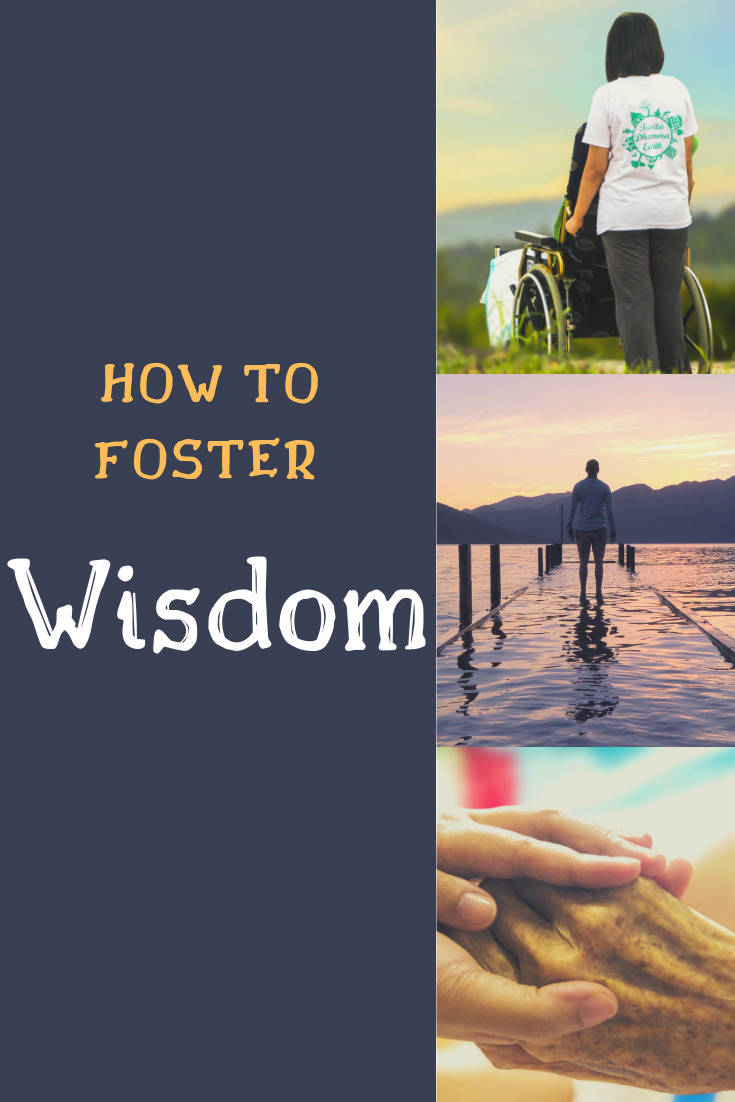
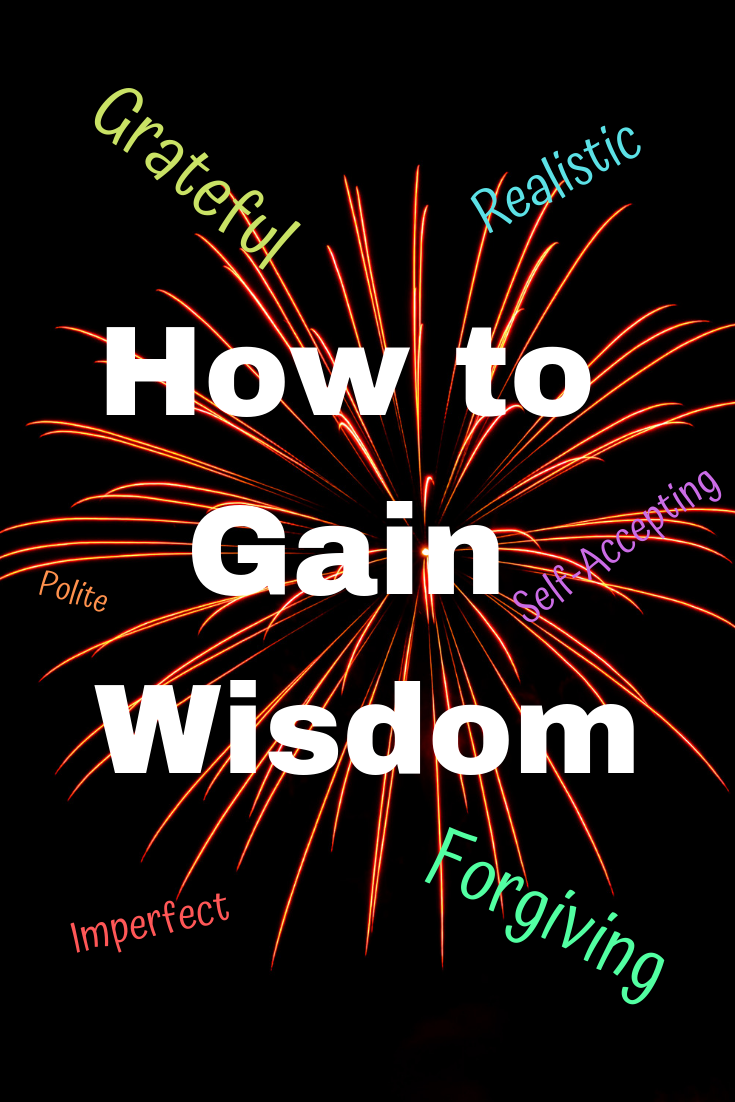
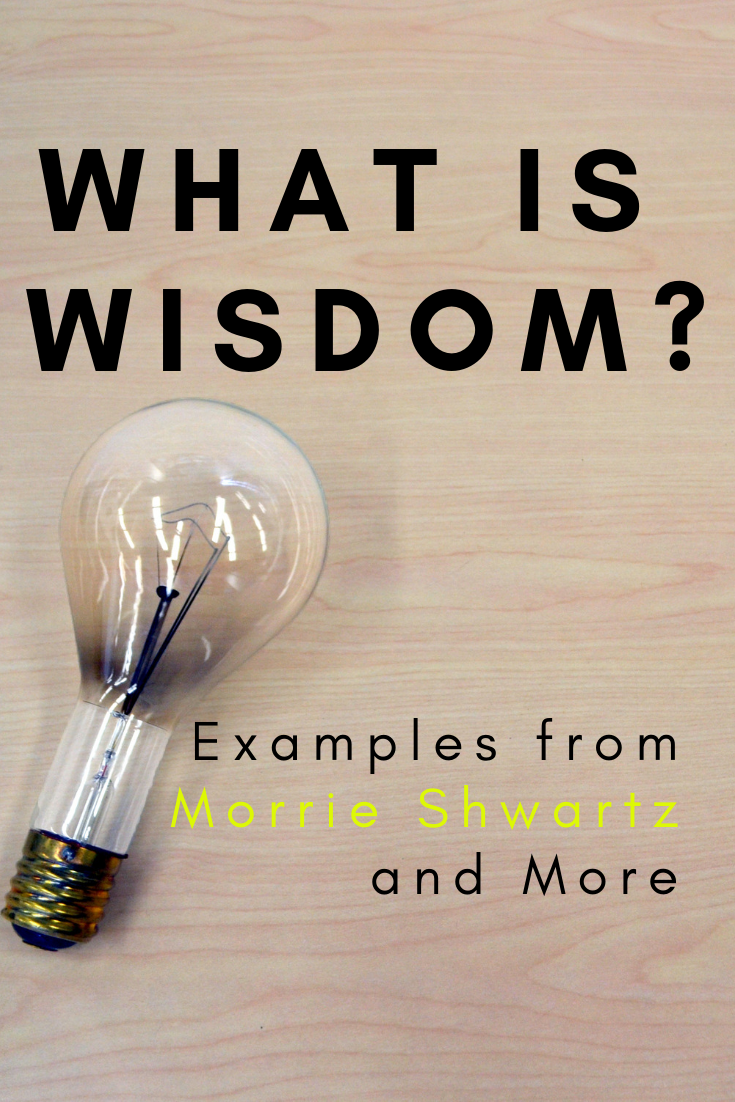
When I first met Kristine, I thought, this is what I want to be when I am a grandmother. I have come to realize, it was not “just being a grandma” that brought her to this point. It was making choices everyday of her life that nurtured these admirable traits. If I want to be like Grandma Tait, I can start on that pathway today. Though having a high level of all these wisdom attributes is rare, they are on a spectrum. There is no dichotomy of people who are wise or unwise. Each of us possess some characteristics of wisdom that can be fostered with experience. Practicing gratitude, forgiveness, and positive self-talk make these characteristics easier to practice each time we try. When you prioritize attributes of love, they blossom.
References
Albom, M. (1991). Tuesdays with Morrie. Doubleday.
Santrock, J. W. (2017). Lifespan Development (16th ed.). New York City, NY: McGraw Hill Education.
The School of Life. (2016, January 27). Retrieved April 18, 2018, from YouTube
